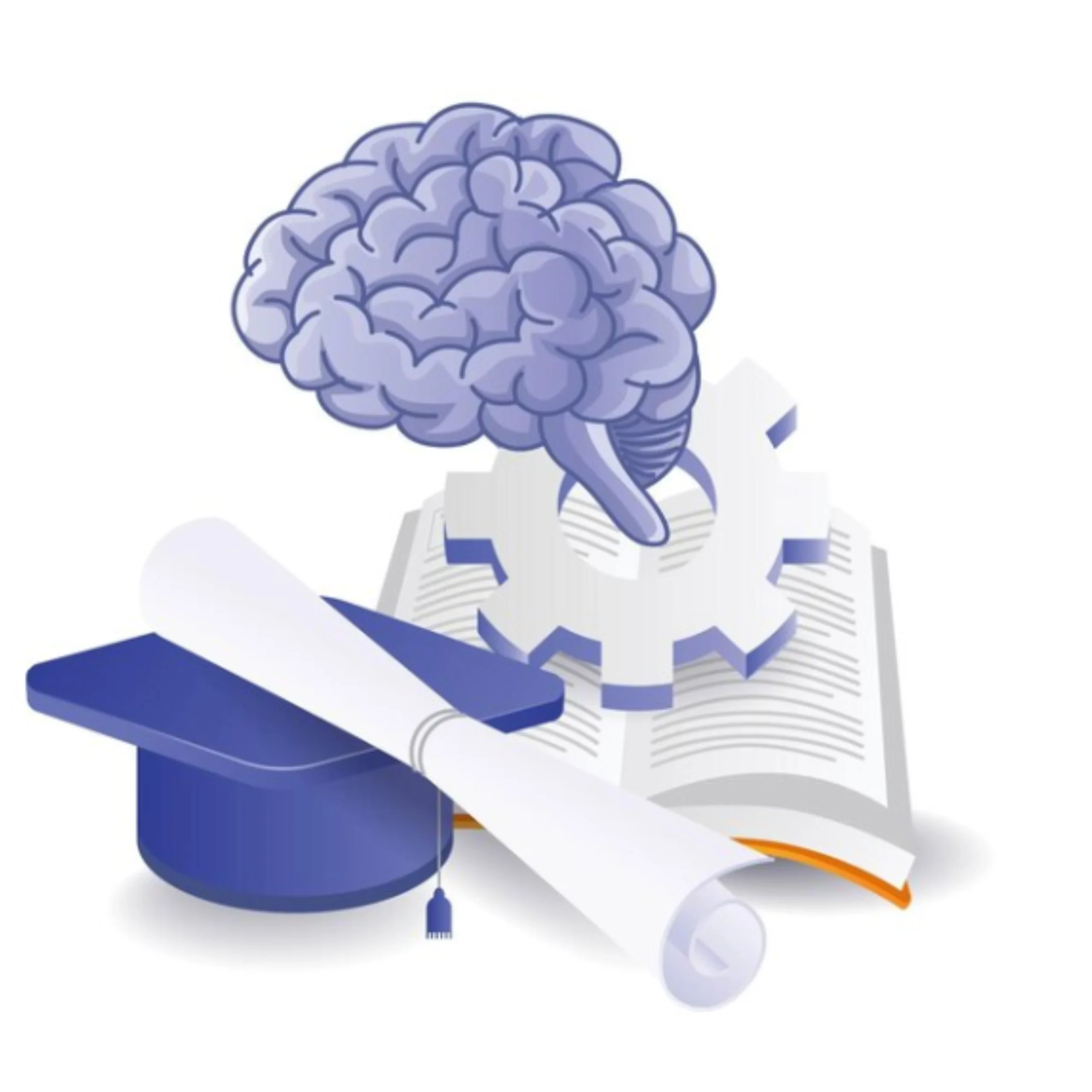
Diploma in Clinical Psychology: Your Step-by-Step Guide to Building a Rewarding Mental Health Career
As awareness of mental health continues to rise, so does the demand for skilled professionals in the field of psychology. A Diploma in Clinical Psychology offers a focused pathway into this rewarding profession. Through this diploma, you can build foundational skills, gain practical experience, and explore various career opportunities within the mental health field. This guide will take you through the essential steps, from understanding clinical psychology to pursuing a fulfilling career with your new expertise.
A diploma in clinical psychology can be a direct route for individuals eager to start making a difference in mental health. While full degrees may lead to clinical licensure, a diploma can introduce you to core psychological concepts, therapeutic techniques, and ethical practices. This path is ideal for those wanting to enter support or entry-level roles quickly or who wish to lay the groundwork for further studies.
A diploma program often includes fundamental training in mental health topics, preparing graduates for roles as psychological assistants, support workers, or research aides. You’ll gain valuable insights into mental health challenges and methods for supporting individuals in need, while developing the skills required for more specialized studies or roles in the future.

Clinical psychology centers on understanding, diagnosing, and treating mental health issues, from anxiety and mood disorders to trauma and more complex psychological conditions. Unlike general counseling, clinical psychology addresses a broader spectrum of mental health concerns and is rooted in both therapeutic interventions and diagnostic techniques.
Core Areas of Study in Clinical Psychology:
Understanding Psychological Disorders: Learn about various mental health conditions, from symptoms to underlying causes, to develop accurate assessments.
Therapeutic Approaches: Gain knowledge of essential therapeutic models such as cognitive-behavioral therapy (CBT), psychodynamic therapy, and person-centered approaches.
Diagnostic Techniques: Explore methods for mental health assessments, including interviews, psychological testing, and behavior observation.
Professional and Ethical Standards: Understand the ethics and standards in clinical psychology to work responsibly and respectfully with clients.
These topics form the backbone of most diploma programs and provide the foundational knowledge necessary for mental health work.
Choosing the right program is crucial. Not all diploma courses are the same, so researching options carefully can help ensure the quality of your education and enhance career prospects. Here are factors to consider:
1. Program Accreditation
Accredited programs are evaluated for quality and ensure your credential will be recognized by employers and academic institutions.
2. Curriculum Depth
Look for a comprehensive curriculum that includes a balance of theory, practical applications, and hands-on training.
3. Qualified Instructors
Experienced faculty members bring real-world knowledge to the classroom. Research faculty backgrounds to understand their expertise.
4. Practical Learning Opportunities
Many programs offer practicums or internships, which allow you to gain practical experience under supervision. Hands-on experience can be invaluable in developing clinical skills.
5. Flexible Learning Formats
Programs may be offered in various formats, including online, in-person, or hybrid models. Select a format that aligns with your lifestyle, learning preferences, and availability.
Taking the time to review these factors can help you select a program that meets your professional needs and learning style.
Clinical psychology demands a mix of technical knowledge and interpersonal abilities. Here are key skills developed through a diploma program that will help you succeed in mental health settings:
1. Communication Skills
Effective communication, active listening, and empathy are essential in building rapport and understanding client concerns.
2. Critical Thinking
Analyzing symptoms, assessing potential causes, and creating appropriate treatment strategies require a sharp, analytical approach.
3. Observational Skills
Learning to observe non-verbal cues and behavioral patterns is crucial for accurate assessments and effective client interactions.
4. Ethical Decision-Making
Maintaining confidentiality and upholding ethical standards are core aspects of professional psychology.
5. Adaptability and Problem-Solving
No two clients are alike. Being able to adjust therapeutic approaches based on individual needs is a valuable skill in clinical settings.
These competencies prepare you for effective work with clients and for further studies, should you decide to advance in the field.
Many diploma programs emphasize experiential learning, which can include internships, volunteer work, or supervised clinical practice. Practical experience gives you a chance to apply theoretical knowledge in real-world settings, honing your skills and preparing you for client interactions.
Benefits of Practical Experience:
Building Confidence: Working with real clients in supervised environments helps you feel more prepared for professional work.
Developing Essential Skills: You’ll gain insights into managing sessions, observing client responses, and applying therapeutic techniques.
Networking: Working alongside established professionals helps you build connections that could be valuable for your career development.
If your program does not include a practicum, consider seeking volunteer roles or entry-level positions in mental health support, where you can gain similar experience.
With a diploma in clinical psychology, you’ll be equipped for various roles in mental health settings, particularly in supportive or assistant positions. Here are some potential career paths:
1. Mental Health Support Specialist
In this role, you provide assistance and emotional support to clients, helping them navigate daily life and mental health challenges.
2. Assistant to Licensed Psychologists
Psychological assistants support licensed psychologists in assessments, data collection, and client follow-ups.
3. Crisis Support Worker
Crisis workers provide immediate help to individuals in acute mental distress, often working in hospitals, helplines, or community outreach programs.
4. Research Assistant
This role involves assisting in psychological studies, collecting data, and contributing to research efforts in clinical psychology.
5. Rehabilitation Coordinator
As a rehabilitation specialist, you work with clients recovering from addiction, trauma, or other challenges, helping them set goals and navigate recovery.
These roles allow you to gain experience, support others, and develop skills that can be valuable if you pursue further education in clinical psychology.
A diploma can be the start of a long career in psychology. Many diploma graduates choose to pursue further studies to deepen their expertise or specialize in areas like child psychology, trauma therapy, or substance abuse counseling.
Continuing Education Options:
Advanced Degrees: Many go on to earn bachelor’s or master’s degrees, which can open doors to more advanced roles.
Professional Certifications: Specialized certifications in areas such as cognitive-behavioral therapy can enhance your qualifications.
Workshops and Conferences: Attending regular seminars or conferences can keep you updated on industry trends and practices.
Mental health work can be both fulfilling and demanding. Managing your own well-being is essential in a career where you’ll be supporting others through difficult times.
Self-Care Tips for Mental Health Professionals:
Seek Supervision: Supervision or mentorship provides a space to reflect on your practice, discuss challenges, and seek advice.
Practice Mindfulness: Techniques like mindfulness meditation can help you stay grounded and manage stress.
Set Personal Boundaries: Keeping a healthy balance between work and personal life helps prevent burnout.
A diploma in clinical psychology offers a path to a meaningful career in mental health. Whether you’re looking to begin your journey or pursue advanced studies in the future, a diploma equips you with valuable skills and knowledge that can make a difference in the lives of others.
If you’re motivated to support individuals through life’s challenges and eager to learn about human behavior, a diploma in clinical psychology could be the perfect starting point for your journey into this impactful field.

1 Comment
The Daily Habit That Transforms Everything: Using Affirmations for Personal Growth - indiancounsellingservices.in
November 6, 2024[…] What Are Affirmations? […]